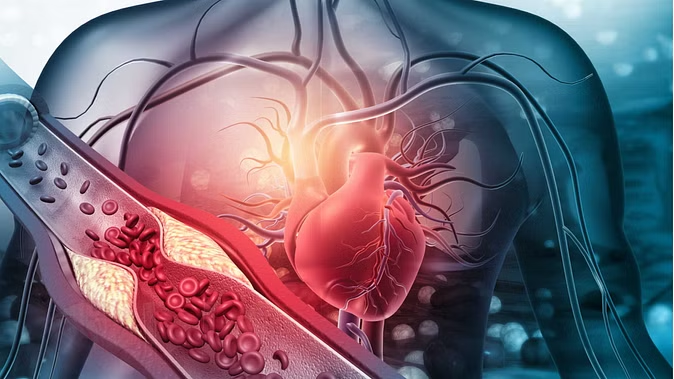Emphasis has been placed on consuming healthy and nutritious food for a healthy body. It is generally believed that to control weight and reduce the risks of blood pressure and heart problems, the amount of fat in the diet should be kept to a minimum. But do you know that for better health, you also need some types of fats in your your diet? Saturated or unsaturated fat is one of the two fats that have been discussed the most.

Studies have shown that unsaturated fats are more beneficial and can have many health benefits. At the same time, the amount of saturated fat can have many harmful side effects on the body.
Damage to blood vessels from saturated fat
Health experts say, excessive consumption of saturated fat can cause accumulation of fat in the blood vessels, which can lead to the risk of atherosclerosis (hardening of the arteries). In contrast, foods containing unsaturated fats have been considered beneficial for keeping arteries healthy.
Unsaturated fats come primarily from plant sources (such as olives, avocados, and nuts), while most saturated fats come from animal sources (such as red meat, and poultry).
Keep saturated fat less in your diet
According to experts at the American Heart Association (AHA), saturated fat should be less than 6% of your daily calorie intake. Limiting the intake of saturated fat in your diet can help improve your heart health.
Studies have found that consuming excessive amounts of saturated fat can increase the amount of LDL i.e. bad cholesterol, which increases the risk of heart problems.

Reduce your intake of these things
To reduce the amount of saturated fat in the diet, the consumption of animal-based products should be minimized. You can keep your body healthy, especially by reducing the amount of red meat, butter, ice cream, and fried foods in your diet. Apart from this, keeping in mind some suggestions related to diet can also help in reducing the amount of saturated fat and protecting the body from many types of diseases.
Balance the amount of calories in your diet to maintain a healthy weight.
Eat whole grains, lean and plant-based proteins, and a variety of fruits and vegetables.
Minimize your intake of salt, sugar, meat, processed foods, and alcohol.
(PC: ISTOCK)










